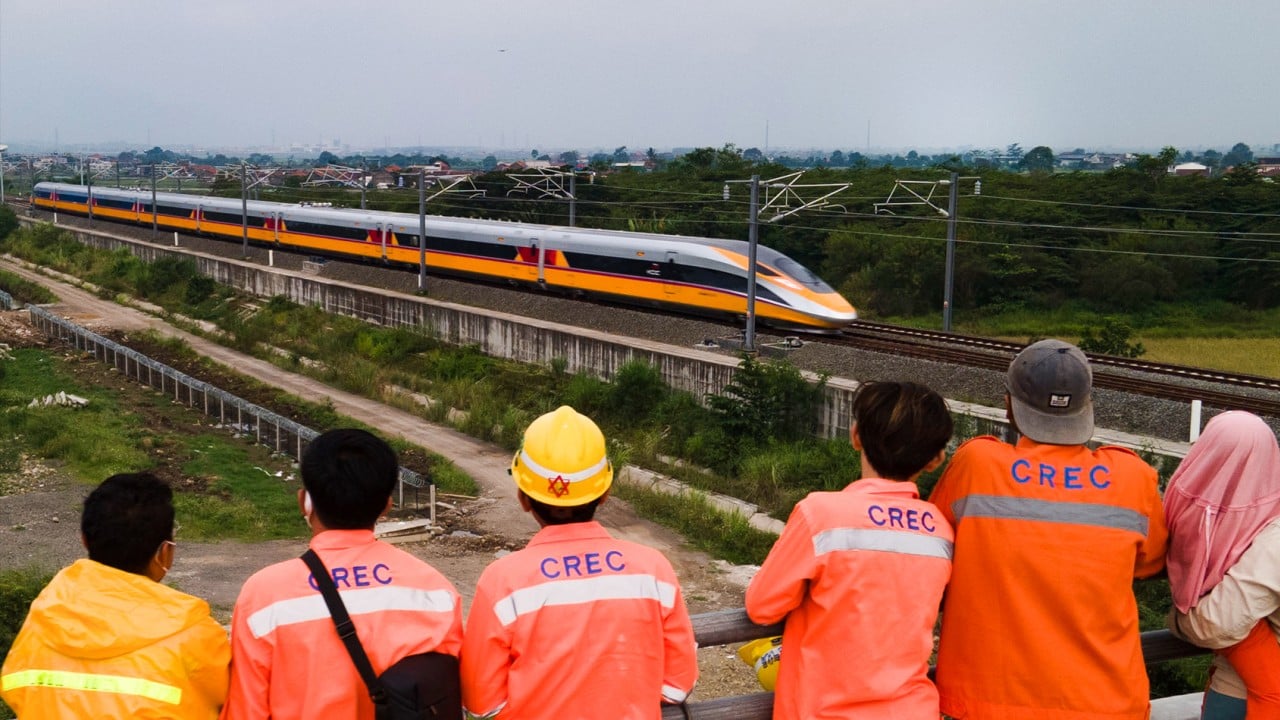
US remains top power in Asia-Pacific, but China ‘not far behind’ as it flexes military, diplomatic muscles: study
- Australian think tank Lowy Institute says ‘the age of uncontested US primacy in Asia is over’ as Beijing gains ground in trade and foreign policy
- While zero-Covid weakened China’s regional influence, 2023 offers ‘window of opportunity’ to play to strengths, says project lead for annual ranking
In its 2023 Asia Power Index, published on Sunday, Australian think tank the Lowy Institute said while China’s overall power still lagged that of the US, it was “not far behind”. It also noted that “the age of uncontested US primacy in Asia is over”, with Washington unlikely to regain a decisive lead.
US-Philippines bases deal seen as reaction to China’s actions in South China Sea
According to the index, China ranked first in terms of economic relationships with a score of 98.3 while the US came in second with a score of 53.7. China also came out on top in diplomatic influence, scoring 91.5 while the US scored 89.3 on the measure.
“[There is] a trend of greater reliance on China for foreign direct investment in the region,” Patton said. “China has accounted for a higher average share of foreign investment in index countries every year since 2018.”
The report said most countries became more dependent on their primary trade partner – in many cases China.
“Many countries also experienced declines in the diversity of their export markets and products while simultaneously becoming more dependent on trade as a per cent of their [gross domestic product],” Patton said.
The report said there were signs of “friendshoring”, with the US seeking to redirect investment from “unfriendly” countries, such as China, towards allies and partners. But the trend appeared to be limited.
“The United States still invests more in China than in India [based on] three-year cumulative outflows and has not markedly increased investment in allied countries such as Japan or Australia,” Patton said.
The US continues to be the most powerful country in the region, according to the index, with an overall score of 80.7 compared to China’s 72.5.
The US regained the top spot in economic capability – one of the most heavily weighted criteria – with a score of 88, while China ranked second with a score of 87 in the category.
According to the report, the US “remains on top of the Asia Power Index due largely to China’s setbacks” caused by its isolation during the Covid-19 pandemic, but a long-term slowdown in economic growth also meant China was “less likely” to surpass its rival in comprehensive power by the end of the decade.



